Oklahoma is one of only twenty-two states that have no optician training, certification, or licensing requirements. States that do not regulate the industry commonly allow optical employers to establish their own expectations for the opticians they employ. Due to the wide variety of employers across the country, it is not unusual to encounter a diverse set of skills and experience. Opticians need to make sure they receive the kind of comprehensive training they will need to work in a variety of offices regardless of where they work.
Most employers prefer to have their new opticians trained by more experienced opticians who work in the same office. Some of these employers focus on office efficiency and have determined that opticians need only perform a few basic tasks including retail sales and eye wear fitting. Opticians who work in these types of offices may find that they do not get the kind of comprehensive optician training that may be required in other offices. Some employers actively encourage their opticians to become certified through the American Board of Opticianry (ABO) and the National Contact Lens Examiners (NCLE). These employers may even offer to pay the exam fees and reimburse any costs associated with purchasing review materials.
There are a couple of appealing benefits of certification that all opticians should consider regardless of where they work. First, certified opticians generally get paid more. Optical employers know that opticians who have a comprehensive understanding of the industry require less training and support. They also realize that many customers prefer to work with opticians whom they know have met national standards for competence. This can lead to increased customer satisfaction and loyalty. Credentials are also used as a marketing advantage over other optical establishments.
 Another important benefit of being certified is the ability to move credentials back-and-forth between regulated and unregulated states. Certified opticians have more job opportunities available to them and are able to get licensed quicker in regulated states if they decide to move at some point in their career. Opticians who are not certified may be required to complete a degree, an apprenticeship, or the national certification exams before they can become licensed in regulated states.
Another important benefit of being certified is the ability to move credentials back-and-forth between regulated and unregulated states. Certified opticians have more job opportunities available to them and are able to get licensed quicker in regulated states if they decide to move at some point in their career. Opticians who are not certified may be required to complete a degree, an apprenticeship, or the national certification exams before they can become licensed in regulated states.

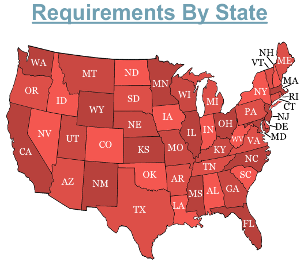




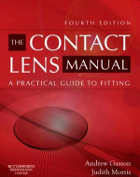
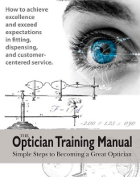

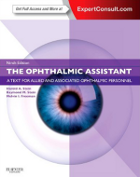
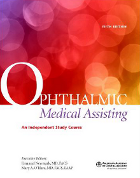
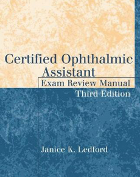
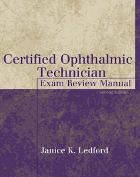
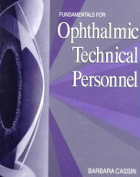

Please Leave Your Comment Below.